
We’ve all stood at the bedroom door watching them sleep, haven’t we? Their little faces lit up with dreams of tomorrow’s adventures. Earlier that evening, our nine-year-old asked a voice assistant to draw her a unicorn riding a rocketship—and didn’t blink when it appeared seconds later. That quiet moment stopped me cold. These kids of ours? They’re learning to fly planes nobody’s invented yet. Our biggest question echoes in those late-night conversations: How do we help them hold onto their humanity while dancing with machines? It’s like blending kimchi and poutine—unexpected but wonderfully creative, right?
The Day Screens Became Storytellers
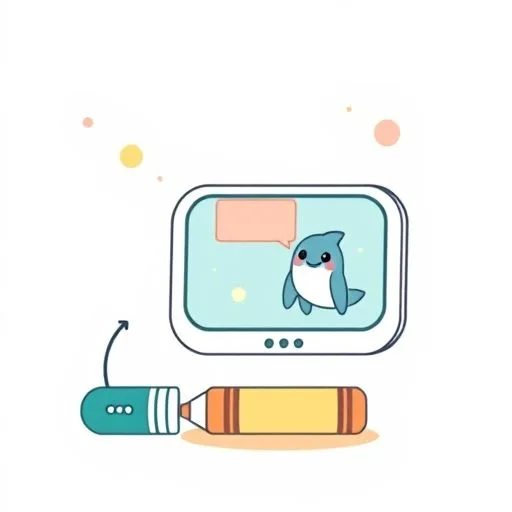
Remember when crayon drawings lived only on refrigerators? Now our kids are prompting AI to illustrate their wildest ideas—like the time ours described ‘a shark wearing ballet slippers on Jupiter’ just to see what happened. That spark in their eyes when the screen brings it to life? Pure magic, but it makes you wonder…
We’ve seen the studies—78% of teachers say students use AI tools weekly—but stats don’t capture the deeper shift. It’s like handing them a multilingual passport where curiosity is the currency. The real challenge isn’t the technology. It’s helping them stay grounded while they explore galaxies we never dreamed of.
Between Instant Answers & Lasting Understanding
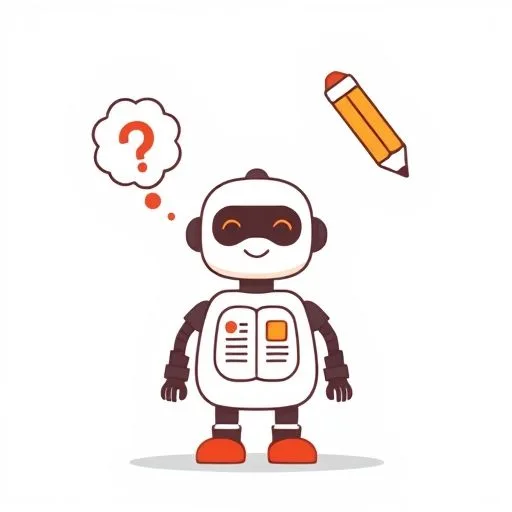
There’s a tension we’ve all felt. That Sunday morning when homework bubbles up, and they reflexively reach for the tablet. ‘Why think when it can think for me?’ their shrug seems to say. We battled this ourselves last week—our middle one stuck on a math problem. My instinct? Show her how to ask better questions instead of faster ones. ‘What if you change the wording?’ I nudged. She groaned, tried it, then lit up when the AI gave a different path. Research warns about ‘digital dependency,’ sure. But in that moment? I saw her discovering that even smart machines need smarter guides.
Crayons, Clouds, & the Creativity AI Can’t Touch
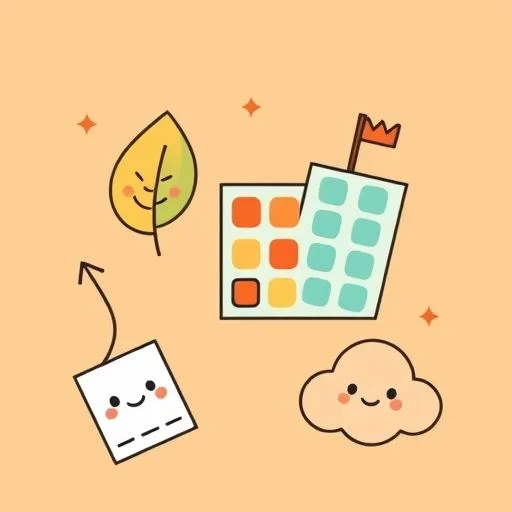
Rainy afternoons reveal something beautiful. Watch them build pillow forts with rules like ‘only robots with kindness can enter!’—no battery required. We’ve noticed these unplugged moments birth their most original stories.
Last week, our youngest invented a board game using leaves as currency, explaining ‘trees are the real banks, Dad!’ That’s the irreplaceable magic. Machines excel at answering, but kids? They’re unmatched at questioning. Like when ours saw the evening star and whispered, ‘Do you think it’s lonely up there?’ No algorithm can cradle that tender wonder.
The Emotional Code Even AI Can’t Crack
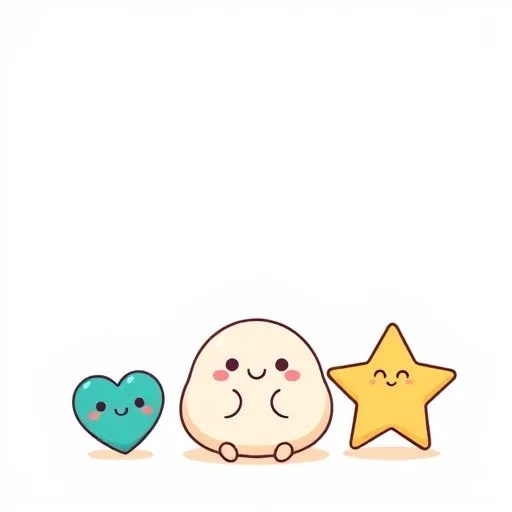
We’ve all witnessed that moment. Your partner walks in exhausted after work, and the five-year-old—without a word—brings her stuffed elephant ‘for company.’ Something in their tiny radar picks up what no sensor detects.
It hits me during bedtime too, reading that same story for the hundredth time. The AI voice might narrate perfectly, but it can’t mimic how she leans closer when the dragon appears, or the way I change voices for each character. 43% of parents worry tech weakens emotional bonds, but here’s what comforts me: No machine can replicate the electricity of a shared laugh over spilled cereal.
We’re not raising children who’ll live in a robotic future. We’re raising its architects.
Planting Footprints for a Future We Won’t See
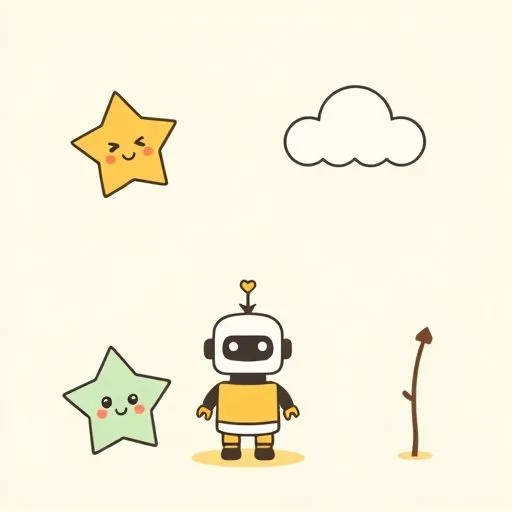
Walking past playgrounds lately, I’ve noticed something. Kids still invent imaginary worlds—they’ve just upgraded the props. One group was ‘training their robot pets’ using sticks as laser pointers. It struck me: We’re not raising children who’ll live in a robotic future. We’re raising its architects.
Our real job? Being their ethical wi-fi—strengthening their signal for kindness and wisdom as they connect in ways we can’t predict. Like when our teen quipped, ‘AI could write my essay, but it wouldn’t sound like… me.’ Exactly, kid. Hold onto that ‘you’ with both hands. The tech will keep changing, but the compass we give them? That’s timeless. As recent reports suggest, AI is transforming how we work, but our role as parents remains uniquely human.
